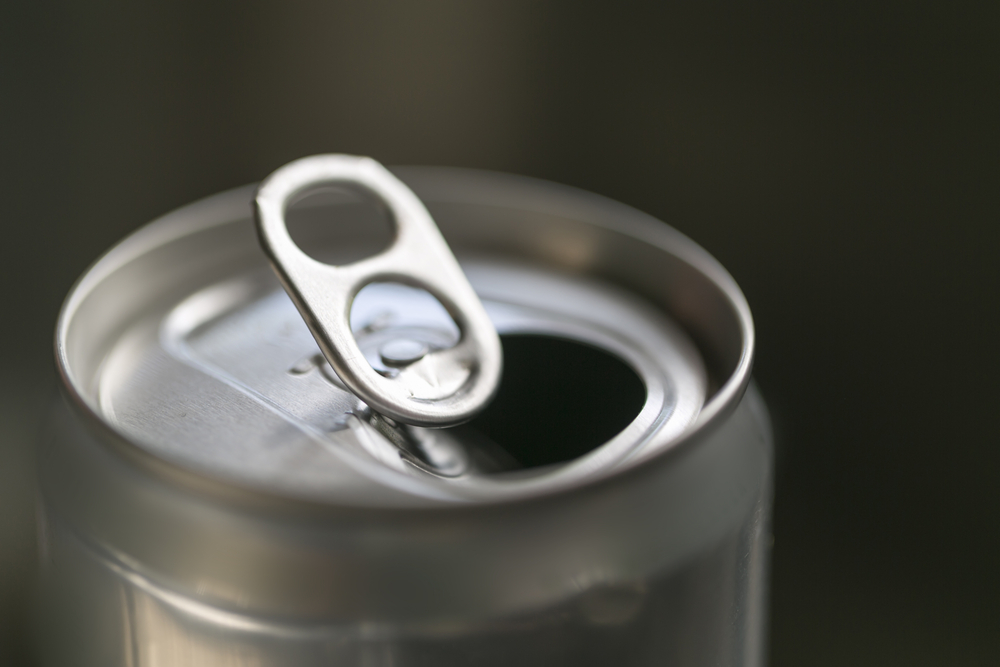
Texas’s open container laws are the rules for having alcohol in your vehicle. A closed container is a sealed and unbroken container. Once the container is opened, you may be breaking the law even if you’re not the driver.
If you’re planning to enjoy a few drinks while out on the town in Dallas, it’s crucial to understand Texas’s open container laws. Violating these laws can lead to serious legal consequences, even if you’re not driving.
Let’s explain the specifics of Texas’s open container statutes and what to do if you’re charged with breaking them. Knowing these laws could help you keep your freedom, but if you’re charged, contact our Dallas criminal defense lawyers.
Texas’s Open Container Statutes
The Texas Penal Code, Section 49.031 outlines Texas’s open container law. This statute prohibits the possession of an open container of alcohol in the passenger area of your motor vehicle when it is on a public road. You cannot have an open container even if your vehicle is stopped or parked
The law defines an “open container” as any bottle, can, or other receptacle that contains any amount of alcoholic beverage and is open, has a broken seal, or has had some of the contents removed. The “passenger area” of a vehicle includes the driver’s side, passenger side, and center console, but does not include:
- A locked glove compartment or similar locked storage container.
- The trunk of your vehicle.
- The area behind the last upright seat of a vehicle if it doesn’t have a trunk (i.e. a truck cab.)
- The living quarters of a motorized house coach or motorized house trailer.
Penalties for Open Container Violations in Dallas
In Dallas, as in the rest of Texas, violating the open container law in Texas is a Class C misdemeanor, punishable by a fine of up to $500. However, if you’re charged with an open container violation in addition to a DWI, the penalties become more severe.
Under Texas Penal Code Section 49.04, driving while intoxicated is a Class B misdemeanor, with penalties including:
- A fine of up to $2,000
- Between 3 and 180 days in jail
- License suspension for up to 1 year
- Annual surcharge of $1,000 to $2,000 for 3 years to retain your driver’s license
If you’re convicted of DWI with an open container, the minimum term of confinement is increased to 6 days, even if it’s your first offense.
Exceptions to Texas’s Open Container Laws
While Texas’s open container laws are strict, there are a few exceptions. The law does not apply to:
- Passengers in vehicles used primarily for the transportation of persons for compensation, such as buses, taxis, or limousines.
- Passengers in the living quarters of a motorized house coach or motorized house trailer.
- Passengers who are in the area behind the last upright seat of the vehicle, if the vehicle does not have a trunk.
It’s important to note that these exceptions apply only to passengers. The driver of the vehicle is still prohibited from possessing an open container of alcohol, regardless of the type of vehicle.
Consequences Beyond Criminal Penalties
In addition to the criminal penalties for violating Texas’s open container laws, a conviction can have far-reaching consequences in your personal and professional life. Some potential ramifications include:
- Increased car insurance rates
- Difficulty finding employment, as many employers conduct background checks
- Ineligibility for certain professional licenses
- Denial of housing applications, as landlords often run background checks on potential tenants
- Social stigma and damage to your reputation
These long-term consequences underscore the importance of fighting open container charges with the help of a skilled defense attorney.

Defenses Against Open Container Charges in Dallas
If you’ve been charged with an open container violation in Dallas, an experienced criminal defense attorney may be able to help you fight the charges. Some possible defenses include:
- The container was not in the passenger area of the vehicle.
- The vehicle was not on a public highway.
- The police lacked probable cause to search your vehicle.
- Your Constitutional rights were violated during the stop or arrest.
Attorney Randall B. Isenberg and his team have a thorough understanding of Texas’s open container and DWI statutes. As a former prosecutor and state judge, Attorney Isenberg knows how to identify weaknesses in the state’s case and mount an aggressive defense on your behalf.

Speak to a Dallas Open Container Defense Lawyer Today
If you’re facing open container or DWI charges in Dallas, don’t wait to seek legal help. The sooner you contact an experienced defense attorney, the better your chances of achieving a favorable outcome in your case.
At the Law Offices of Randall B. Isenberg, we offer a free, no-obligation consultation to discuss your case and your options. Don’t let a mistake jeopardize your future. Call us or fill out our online contact form to speak to a Dallas open container and DWI defense lawyer today.










